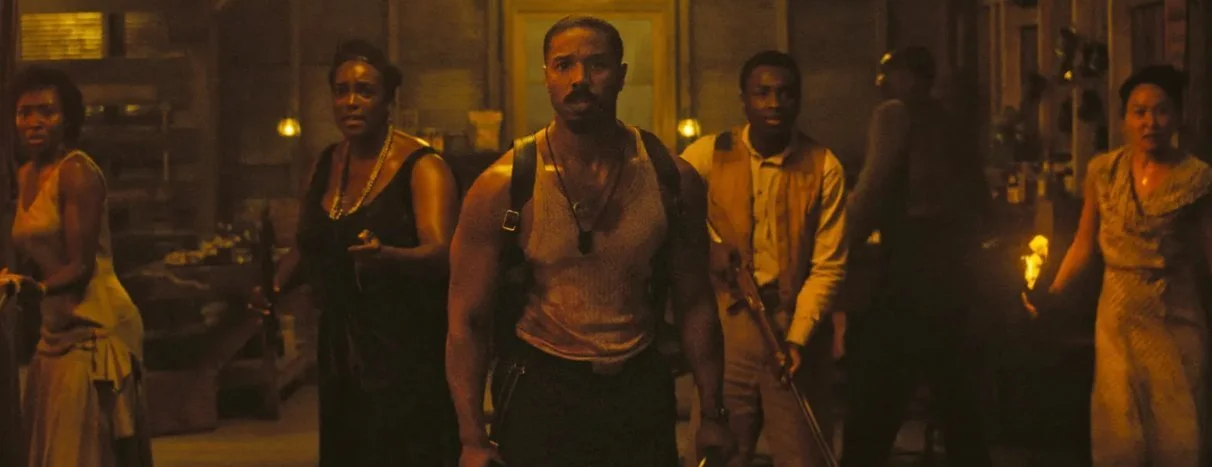Here’s a great Variety piece.
The trade has asked directors to pick their best films of 2024. So many notable names are included; Christopher Nolan, Barry Jenkins, Alfonso Cuaron, Andrew Haigh, Alexander Payne, David Lowery, Michael Mann, JJ Abrams …
Many of the writeups are just people scratching each other's backs, and/or looking out for friends. The one entry that’ll be most talked about, and for good reason, is Christopher Nolan’s praising of Ridley Scott’s “Gladiator II” as “masterful.” In fact, he uses the “M” word quite a few times in his writeup.
Nolan’s definitely going against the grain here as “Gladiator II” was not that well-received upon release, but it does still have its fair share of fans. The general consensus was that it couldn’t match the original film, and that Paul Mescal was miscast in the muscular lead role.
Anyways, here’s Nolan’s writeup on the film:
In Ridley Scott’s first “Gladiator,” Maximus asks us, “Are you not entertained?” and we’re confronted with the truth of why we’d visit the Colosseum through a movie. Scott knows we’re not there for insights into Roman culture; we’re there to see our own dark desires at a comfortable remove. But he’s far too experienced a director to get caught making parallels with our time. He lets the world of “Gladiator II” speak for itself, once again showing us who we are simply by inviting us to enjoy the crazy inflationary ride.
Why are there sharks in the coliseum? Because we demand them, and Scott masterfully gives them to us. As he reveals how the games are used to manipulate public opinion, we can’t help but see shadows of our own public arena projected onto the sand.
Like the best long-awaited sequels, “Gladiator II” must be a remake and sequel in one, and it’s testament to Scott’s brilliance that he manages to balance the individual pathos of the original with the expansionist demands of the sequel’s central theme, bringing a lifetime of experience in controlling tone.
Scott raises the game with the staging of his action — his incredible, hyper-observant, multi-camera mise-en-scène (so different to the original) masterfully wrestles the action into clear and jaw-dropping sequence after sequence. The effect is not just to entertain, but to drive us towards awareness of the movie’s themes.
Few filmmakers have ever worked so invisibly on multiple levels. In films from “Blade Runner” to “Thelma and Louise” to “Gladiator II,” the visual density of Scott’s art serves as foil for his underlying thematic clarity.
Despite all his success, Scott’s contribution to the evolution of cinematic storytelling has never been properly acknowledged. Visual innovations he and fellow directors from the British adland of the 1970s brought to cinema were often dismissed as superficial, but critics of the time missed the point — the lavish photography and meticulous design brought new depth to the visual language of movies, mise-en-scène that could tell us what the worlds they portrayed might feel like. This has never been as clear as in the masterful opening shot of “Gladiator II,” where Paul Mescal’s hand gently cradles the grain harvested from the original movie’s swaying wheat.
It’s not secret that Scott has been a huge influence on Nolan. He hasn’t hidden it. Nolan has been known to gives his actors “Blade Runner” before shooting begins.” Back in 2018, Nolan told biographer Darren Mooney that his love for Scott’s films dates back to his childhood:
I have always been a huge fan of Ridley Scott and certainly when I was a kid. Alien and Blade Runner just blew me away because they created these extraordinary worlds that were just completely immersive. I was also an enormous Stanley Kubrick fan for this very reason […] And that’s what I was sort of focused on, the idea of the director and how the director could have a controlling effect on the creative side of the film that’s indefinable, but important and something you kind of feel.
Speaking of “Gladiator II,” some good news might be in store for Nolan as Scott recently teased a 4-hour director’s cut that he might be working on in the near future.






